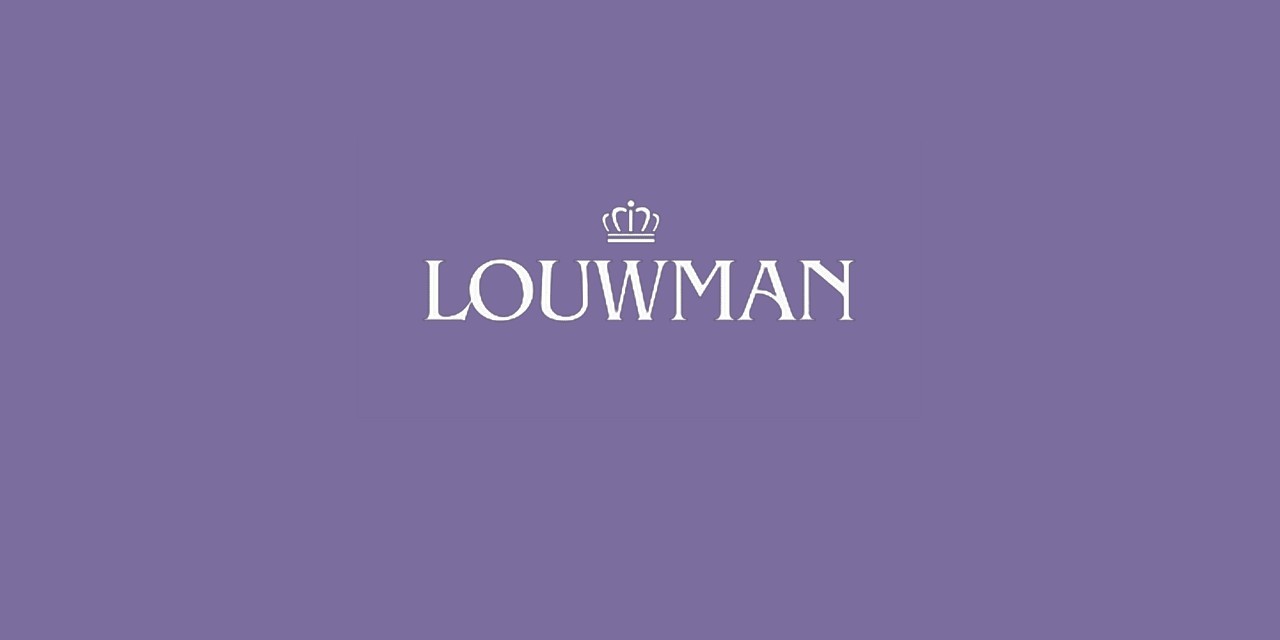Automated tax reporting with Board Tax Template at Louwman
Louwman Group, one of the largest automotive companies in Europe, is innovative and ambitious. The family business wants to be able to adequately respond to the rapidly changing trends in the mobility world with new revenue models. The implementation of Board supports this ambition with improved processes for integrated planning, consolidation, and tax reporting.

Using Board to optimize tax processes
"The world around us is changing, so we want to adjust the organization accordingly; we are going from a decentralized structure to one Louwman," says Erwin van Roon of the Louwman Group, about the reason for implementing the Board platform.
Louwman Group is one of the largest automotive companies in Europe, with more than 90,000 car sales per year. The family business, founded in 1923, is active in the Netherlands, Sweden, Belgium, Denmark, and the Czech Republic. They focus on mobility with a wide range of activities, such as importers and dealers of, for example: Toyota, Lexus, Suzuki, Morgan and McLaren. But also on lease and financing activities such as Auto.nl, Fietsvoordeelshop, car-sharing company WeGo and mobility aids in healthcare.
Optimizing multiple finance processes
Automating the tax processes is only one part of a more extensive program, in which several finance processes are optimized. In a phased approach, the program started with implementing the consolidation and tax processes in Board. Next, the planning and forecasting processes will be implemented as well.
Automated tax reporting with Board Tax Template
The tax reporting processes are automated using the Board Tax template. This template, based on best practices, was developed by the tax specialists of Taxvibes.
A significant advantage of automating the tax reports is that the Tax template and the financial reports use the same platform. This way, one data source is used for both the consolidation and the tax reports.
Map tax positions and generate reports more efficiently
Both Erwin and the tax department are positive about automating the tax reporting processes. “In the past, we collected the tax information in a very fragmented manner, which was inefficient and undesirable. Now we collect the tax data from the financial controllers in Board, as well as the valuation differences between fiscal and commercial,” says Erwin. “This allows us to map our tax positions and generate reports much more efficiently. The tax department is very enthusiastic about this; they have never worked with tooling before.”

